- Learning time
- 5 minutes
- First play time
- 30 minutes
Marrakech
Designed by: Dominic Ehrhard
Although Marrakech’s theme involves a canny rug salesman, it’s essentially an abstract puzzle game for 2-4 players. We recommend playing with four!
Each player takes possession of several rugs of a particular colour and design. The salesman – Assam – starts on the board, which is a simple grid with arrows around the edges. On your turn you roll a die, which determines how far Assam will move (you can play the friendly rules, where you rotate Assam yourself before moving him, or the spicier version where the player before you chooses which direction he’ll face). The die moves Assam between 1-4 spaces across the grid, and if he reaches an edge, he follows the arrows back onto the board. Having moved Assam, you can now lay one of your rugs adjacent to him, and may overlap any previously-laid rugs; each rug covers exactly two squares of the board. Bear in mind, you can’t place a single rug exactly over another single rug, but can only cover half of any rug already placed.
The catch? If Assam stops his movement on top of another player’s rug, you’re obliged to pay them for the privilege: a coin for every square that opponent’s rug grouping occupies. For example, if Katya has rugs covering a total of five adjacent spaces and Assam stops on one of them on your turn, you pay Katya five coins.
As the game continues, the board fills up, money continues to change hands. The game finishes when everyone has laid their tenth rug. Players score for their coins, and every square on the board that is visibly covered by their rugs.
The guru's verdict
-
Take That!
Take That!
PLENTY. Despite appearances, the entire game is a nasty, brutal game of area control. With rugs.
-
Fidget Factor!
Fidget Factor!
Low. Decisions are simple...
-
Brain Burn!
Brain Burn!
...and the only things you're juggling here are where Assam goes, and where to place your rugs. The fly in the ointment are the die rolls, which can often be the difference between winning and losing.
-
Again Again!
Again Again!
There are no varied routes to victory or grand strategies to pursue, but Marrakech plays zippily and, for the players who like a fabric-stitched punch-up, will stand up to repeat visits courtesy of the inherent tension and inadvertent comedy of the die-rolling. Lovers of control will want to steer clear.

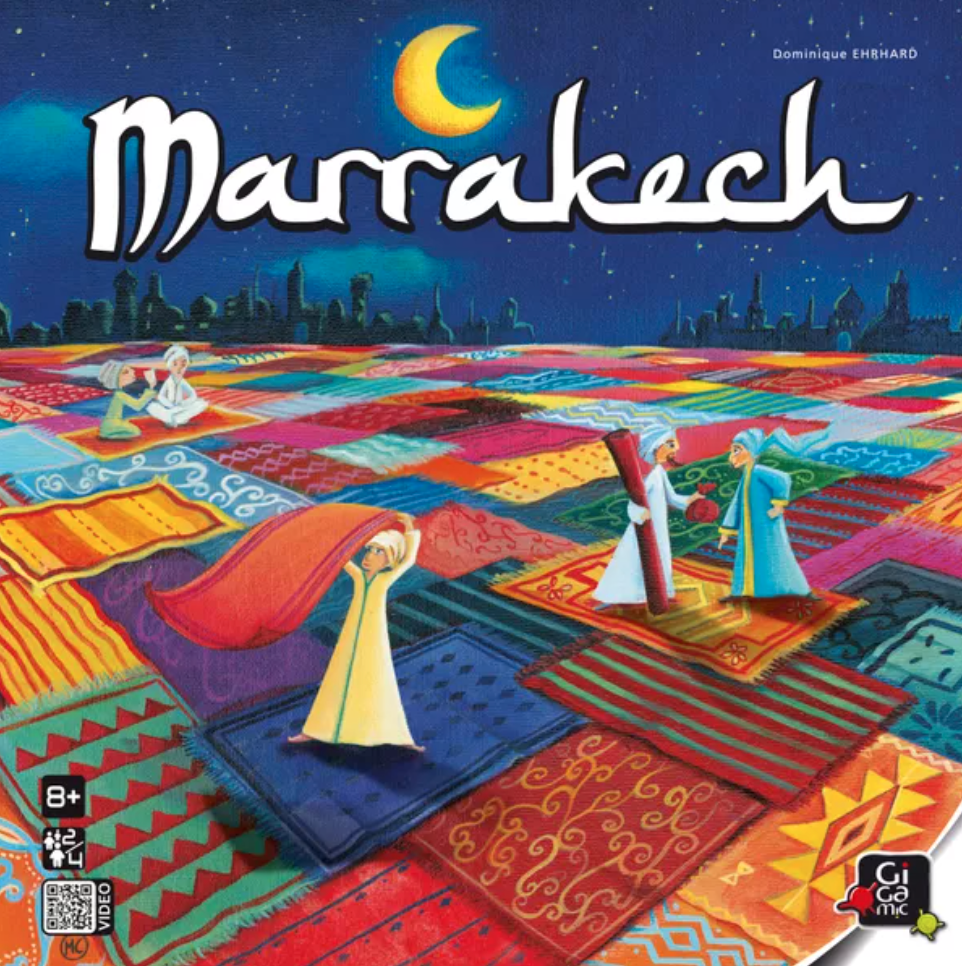
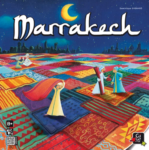
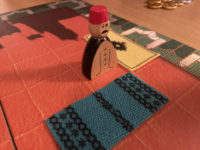
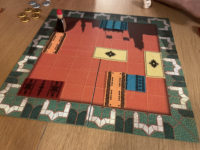
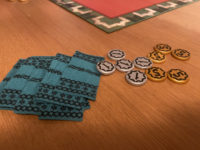
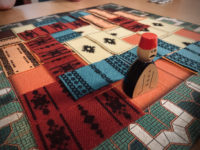


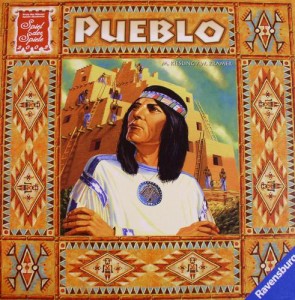
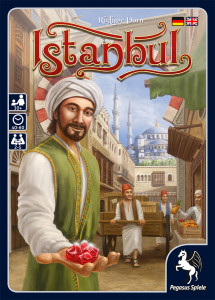
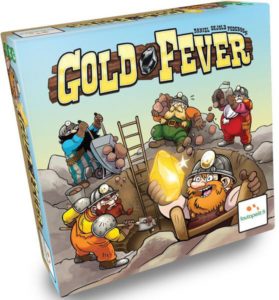

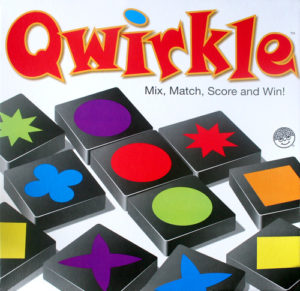
Sam says
I really tried not to keep writing 'rugs' in that overview, but basically there are a lot of rugs. And I enjoy Marrakech a good deal without quite loving it: each turn (the latter stages especially) can feel like the spin of a roulette wheel, and while that tension can be alluring - and luck will often balance out - players can get stiffed simply by chance and find Assam repeatedly landing exactly where they didn't want him to. Kids especially may find the comedy of that wanes pretty fast - but on the other hand Marrakech's wide seam of chance can be a great leveler. It's speedy, funny, and fun.